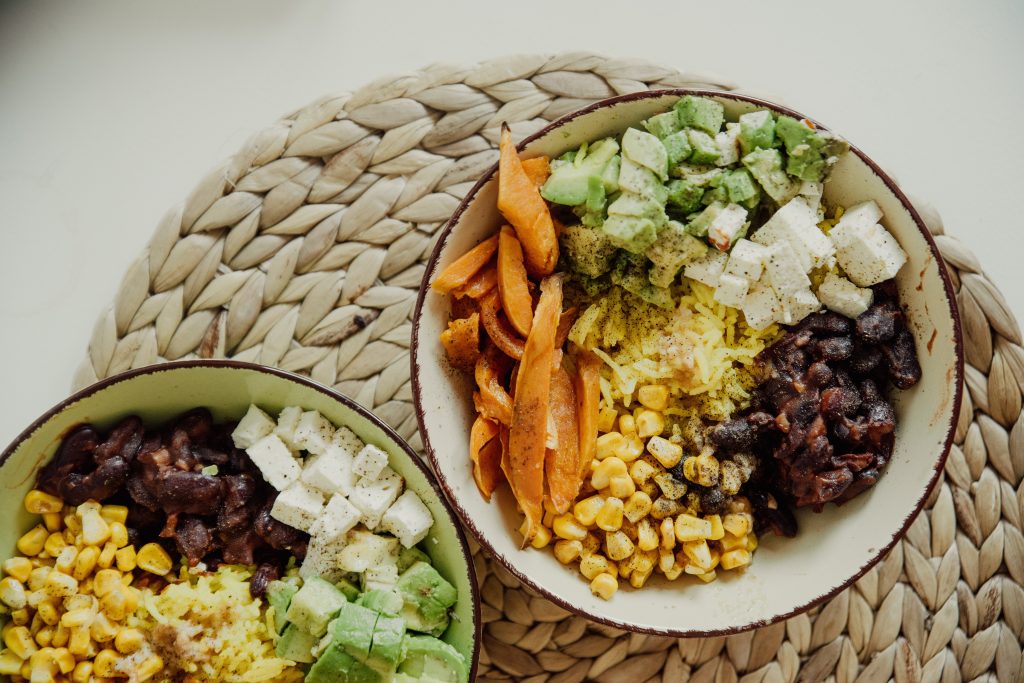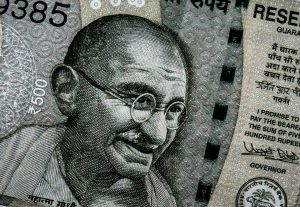
foods-that-help-you-fight-fatigue-effectively
Feeling weak, tired, and even exhausted have become common these days. This is all due to our fast-paced lifestyle, hectic schedules, long working hours, many late nights, more time spent on looking at the screen and sleep deprivation.
According to research studies, there is no uniform generally accepted definition of fatigue. However, there is a consensus that fatigue can be described as a symptom that cannot be relieved by the usual strategies of restoring energy, and that it impairs, to a variable degree, the individual’s ability to carry out his or her usual daily activities. Fatigue may often occur with other symptoms, such as depression, a lack of desire to do any activity, problem in concentration, nervousness, anxiety, irritability, stiff shoulders, uneasiness, boredom, or impatience.
Whenever this kind of situation occurs, we either turn to caffeinated drinks such as coffee or tea, or processed drinks. No doubt they may provide more energy initially but soon these levels will fall and we end up feeling more tired than before. So, what should we do if we want to reset our diet, which can help us combat fatigue in the most effective way?
Factors which cause fatigue
There can be many reasons or factors which can cause fatigue. Fatigue is a common symptom of many medical conditions that range in severity from mild to severe. We all may experience many of these throughout our lifetime. Everyone is different and so individual bodies may react differently to different factors.
Following are the causes for fatigue:
- Lifestyle factors: These may be an important root cause for fatigue. Lack of physical activity, being obese, lack of sleep, consuming alcohol, consuming too much caffeine, physical exertion, working late night, snacking on unhealthy foods, not having a nutritious and balanced diet all contribute to fatigue.
- Health conditions: Many medical conditions can cause fatigue. Anaemia, a deficiency caused by reduced number of red blood cells can lead to several medical issues including dizziness and fatigue. Infections from bacteria and viruses can also lead to fatigue, either during the infection stage when the body is fighting off the invader or during the recovery phase when your body is trying to get back to normal. These processes take up a lot of resources which may lead to chronic fatigue despite getting enough sleep. Low levels of thyroid hormones which are connected with many bodily functions like heart rate, body weight, core body temperature, muscle control and even breathing can lead to fatigue along with other symptoms.
Other conditions like heart disease, rheumatoid arthritis, sleep disorders and cancer or cancer treatments are also associated with fatigue and general tiredness. In most of these cases, there are ways to treat or manage fatigue, but you will need to follow your doctor’s instructions for the best results.
Issues like depression, stress and anxiety may also contribute to feelings of fatigue. These conditions also make it harder to stay motivated and physically active. Research from the Mental Health Foundation shows a link between insomnia and low energy levels.
Foods to fight fatigue
Foods that form a part of a balanced and nutritious diet provide optimum nutritional value to support bodily functions, improve emotional, mental and physical health and promote overall well-being. One should consider a food plate which can provide a genuine energy boost to combat fatigue.
Fresh Fruits and Vegetables
Fresh fruits and vegetables are rich sources of antioxidants and other vital nutrients such as fibre, vitamins and minerals that help keep the metabolism high and improve energy levels. This helps the body to cope better with demanding mental and physical work. These are the ideal foods that prevent fatigue and depression. Fruits can be consumed in form of smoothie or milkshake or eaten as is to get benefit.
Complex carbohydrates
Whole grains such as oats and millets: ragi, jau, jowar, bajra, and quinoa are complex carbohydrates as these are a rich source of soluble and insoluble fibre, vitamin B and other nutrients. These complex carbohydrates provide more satiety and stable energy levels for efficient working of our brains and muscles throughout the day. Instead of having any unhealthy snacks or meals one should opt for healthy complex carbohydrates since they prevent fatigue.
Nuts and seeds
Low energy levels also often lead to mental fatigue- that’s when nuts and seeds can help you feel better mentally and physically. The best snacking options when one is feels tired in between meals are nuts and seeds like almonds, walnuts, cashews, chia seeds, flax seeds, sunflower seeds, pumpkin seeds and pistachios. Nuts and seeds are rich in magnesium, potassium, and other vital nutrients like omega-3 fatty acids- potent antioxidants that help reduce free radicals.
Cashews are packed with magnesium which improves overall nerve function. It also soothes muscle cramps and helps fight low energy levels experienced by girls during the PMS (premenstrual syndrome) phase.
Raisins are a rich in fibre, iron, calcium, and potassium, all of which help maintain healthy haemoglobin levels in the body- which improves oxygen supply to every cell, thereby enhancing the energy levels, preventing fatigue or tiredness
Almonds are rich in healthy fats and protein. A few almonds a day helps keep a person full for longer and instantly gives them an energy boost.
Chia seeds help maintain the glucose homeostasis of the body and prevent blood sugar spikes.
Aliv/halim/graden cress seeds are rich in folic acid and iron which helps improve your haemoglobin (Hb) levels. Adequate Hb levels ensures a good oxygen supply to every cell of the body, making you happy, active, and energetic.
Proteins
Foods rich in proteins such as beans, lentils, tofu, cottage cheese, and sprouts are great to fight fatigue because of their high magnesium content, which helps restore energy levels. Beans are also full of fibre, which takes longer to digest and boosts energy for longer.
Eggs are a powerhouse of protein, healthy fats, and calcium which supply sustained energy to the body. The satiety offered by eggs keeps a person high on energy for a longer time. Eggs can be included in diet in form of omelette or can be eaten boiled.
Mushrooms are rich in proteins and fibre and replenish essential nutrients like folate and B-vitamins like riboflavin, niacin, pantothenic acid, etc.
Sweet Potatoes
Sweet potatoes are high in fibre and rich in potassium, which maintains electrolyte balance and helps the body by lowering blood pressure. It is a good source of energy which combats fatigue and stress.
Dates
Dates are a nutrient storehouse with the goodness of calcium, potassium, phosphorus, magnesium, zinc, and iron. One can always turn to dates for a boost of instant energy.
Hydrate with Non-Caffeinated Drinks
Dehydration is also one of the causes for fatigue- try to include more fresh fruit juices, milkshakes, green tea or smoothies to help tide over low energy levels. They make nutritious options for foods that prevent fatigue. Choose green tea instead of processed black tea as it is rich in antioxidants and polyphenols which helps to reduce free radicals and prevents fatigue.



